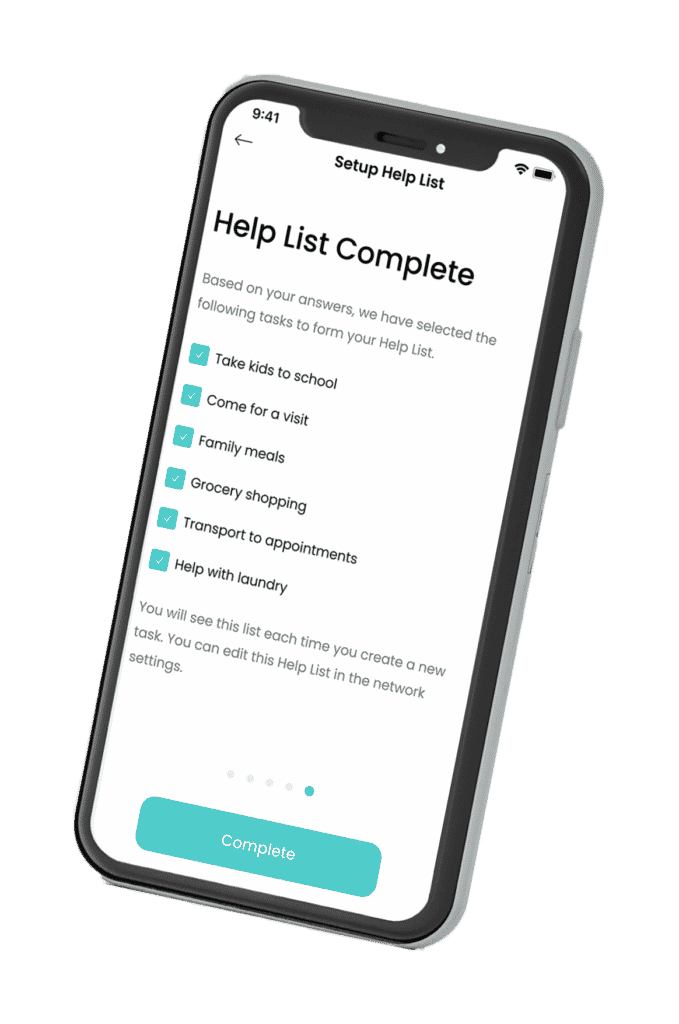AUTHOR: Nikki Lovell
Supporting a loved one through a crisis can be challenging, but with empathy and practical assistance, you can make a difference. In this guide, we provide suggestions for how to effectively support your loved one during their time of need.
Respect their experience
Remember that going through a crisis is a deeply personal experience, unique to the person going through it. Respect and acknowledge that your loved one’s experience is their own and avoid imposing your own expectations or judgments upon them. Follow their lead in navigating their emotions.
Stay present
Instead of dwelling on the past or trying to offer hopeful predictions for the future, stay present. Acknowledge their pain and validate their emotions. Avoid using generalised platitudes or making assumptions about the situation. It’s also generally unhelpful offering advice or trying to find solutions unless they ask you for it. Instead stick to the truth: “This is hard. I’m here.”
Be the go-to person
Shield your loved one from overwhelming external pressures and well-wishers by acting as a designated point person. Help relay information and organise support from people who want to help, reducing the burden on your loved one during this time. The Gather My Crew app is an effective tool to help you do this. You can use the app to co-ordinate support, as well as provide updates and communicate with your loved one’s network. Find out about the app here.
Make specific offers of help
Avoid saying “Let me know if I can help”. A person in crisis does not have the energy or capacity to identify a need, think about who can fulfill it and then reach out. So be proactive. Identify specific tasks or needs you can fulfill, and then make a concrete offer of help. For instance, “I’ll drop off dinner on Wednesday.”
Offer to do the reoccurring things
Even in a crisis, all the normal activity of running a household is still required. For someone in need, this can quickly become overwhelming. Reduce this burden by offering to take care of a recurring task, such as taking out the bins, bringing in the mail or the weekly grocery shop. Try this, “I normally do my weekly shop on Monday. How about I pick up your groceries then too and drop them off on my way home?”
Offer to do the hard stuff – with them
If there are practical tasks that need attention, such as making funeral arrangements or sorting through personal belongings, offer your assistance and follow through with your commitments. Be present and supportive during these challenging tasks, without necessarily needing to say anything.
Create your own support system
Supporting someone through a difficult time can take its toll. Your loved one’s focus and energy are going to be primarily directed toward their own experience. They won’t have the capacity to engage in your relationship the way they ordinarily would so seek out your people. These are the people you can lean on and share the emotional and practical struggles your experience.
Adapt these steps to your loved one’s specific needs and preferences. Your ability to stand by them, listen attentively, be present, and provide concrete help, will make more difference that words can say.



